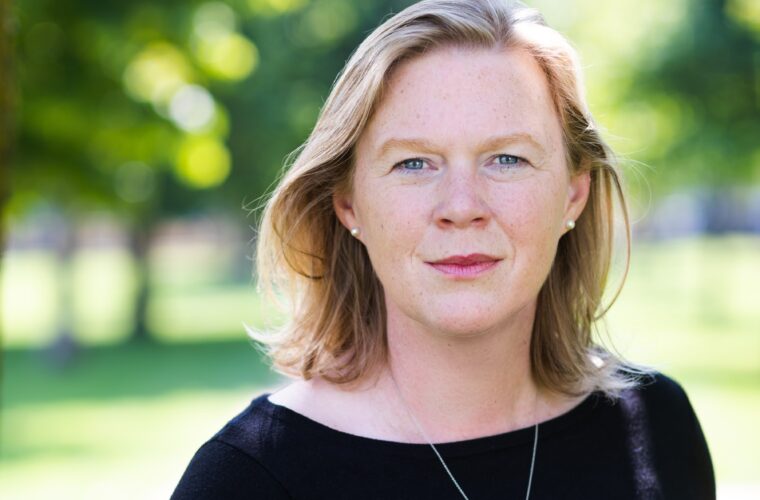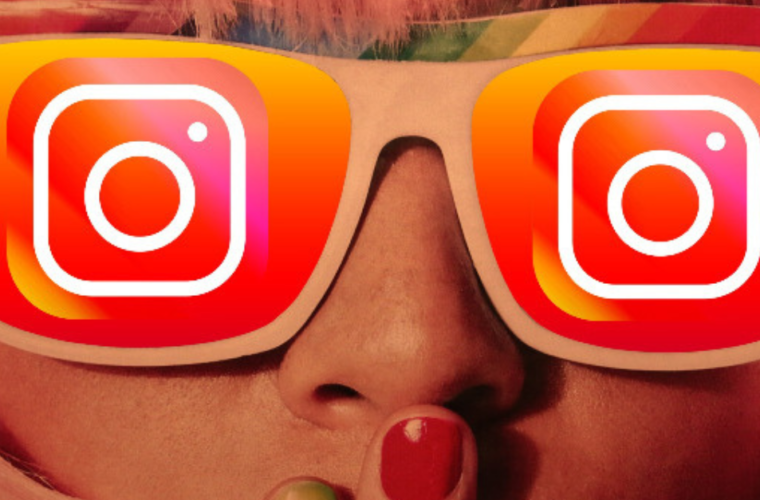Age: 34 physically, mentally 22
Place of residence: Brussels, Belgium
Position: Senior Cybersecurity Analyst, McKinsey & Co; Visiting Professor
Please describe a day in your life:
After crawling out of bed from under my partner’s heavy arm, I ungracefully stumble my way over to the coffee machine and blindly open the computer. I then take out my diary to write down the things I am grateful for, do some light yoga/meditation, and finally, tackle the daily email. My day usually involves a mixed bag of providing subject matter expertise on cybersecurity questions for consulting engagements, conducting audits on our Firm’s security controls, and jumping on calls to explain how client data flows through our networks. These topics range from cross-border data transactions to data privacy, legal compliance, geopolitics, cryptography, IT network security, and data loss prevention. I then end my day with some exercise and usually make dinner with whatever is left in the fridge.
How many projects are you currently working on? Please describe them.
I am working on developing a new automated platform to classify misinformation news media sites coming from foreign nations, writing on the dangers of cyber sovereignty, and creating content courses for journalists on how to keep themselves safe online. Over the last year, I helped acquire and implement a new tool for security contract automation.
In your opinion, who is the most influential person/company in the world of technology these days?
Senior Cybersecurity Analyst: I’m a massive fan of Bellingcat, an investigative journalism group that specialises in fact-checking and open-source intelligence, and their work fighting crime online and contributions to the Ukraine-Russian war. I also admire and support companies working on open-source AI technology to combat online bullying, terrorism, animal suffering, human trafficking, and drug dealing.


If you could pick one app/product/project existing now that you wish you were involved in, what would it be?
I would like to work on projects that are working on balancing the following: allowing the free flow of data and information across national borders and the same time, finding ways to protect nation-states from foreign digital influence, intervention, and external psychological operations.
How do you see technology evolving in the next ten years?
My optimistic Adam Smith self would like to say that technology will improve our lives and free up more time for leisure. I have the inkling that it will do the reverse; for example, more technology will allow for more opportunities, resulting in being further sucked into the digital vortex. I do see humanity eventually transcending physical bodies and adapting to life in Meta space via virtual holograms. Whether or not that can happen within the next ten years, I’m not sure.
What would you like the industry to look like in ten years?
I would like the industry to become more interdisciplinary and involve experts from various professional fields. When we say “technical” in cybersecurity, I would like this definition to mean strategists, lawyers, public relations experts, historians, and psychologists; this is not a coder/hacker-only field.
What are the three characteristics you have that make you successful in tech?
CREATIVE: I put this in caps because creative people in technology are the future. I am a former professional dancer, journalist, and writer, and I bring this creative side and experience to my work every day. I believe co-workers should be viewed as collective creative artists working in safe performance spaces where they can analyse cyber risks ethically and effectively. -> Emotional intelligence for your clients, co-workers, managers, and companies. -> Intercultural communication skills: technology is both globalized and localized. It is important to cooperate objectively to achieve global company goals. Still, it is also important to understand cultural sensitives, linguistic barriers, and other differences in communication styles across cultures and continents. People with more multicultural experiences, whether that be in living in other countries or having a diverse background, will have the empathy to communicate better and more effectively.
What is the most difficult thing you had to deal with during your career?
I am figuring out how to work smarter, not harder. Working smarter can be challenging since it involves time management, constant focus, and prioritization throughout the day. However, having a healthy work-life balance and holding yourself accountable to that (hear me out, shut that laptop) will make you more successful in the long run by bringing out the best version of yourself at work. Another challenge is the lack of female leadership role models (C-suite and higher) in the cybersecurity world to look up to, mentor, and champion you within your org. Where are my cyber ladies at on top?
What is your greatest achievement up until today?
I learned Mandarin Chinese for eight years and can now flawlessly order dumplings. I also recently climbed Mount Kilimanjaro, which was the hardest thing I’ve done physically and mentally.
What do you wish yourself with respect to your career?
I would like to take on more strategic management roles and find better ways of reducing cyber risk. I plan to start an LLM in law and technology to understand the legal space concerning cybersecurity better.
Where do you see yourself in five years?
I would like to work in Cyber Information Diplomacy (CID) (FYI-I made up this term) to ultimately bridge the public and private sectors to find common areas for collaboration. I believe Cyber Space is a public good and can benefit everyone if we find ways to work together. My career goal is to find creative ways to ensure the freedom of speech while respecting personal privacy across digital borders. I also have a personal plan to write a sci-fi book about a fictional, apocalyptic world where people live in a fully cyber sovereign world (plot spoiler- it doesn’t go well).


What is your next goal?
Make the public aware of the dangers of a future Cyber Sovereign world, help nations secure their critical infrastructure, and teach the public, especially high-risk individuals, about cybersecurity.
What tips do you have for people who want to start out in the tech world?
Learn something other than tech first:
- Study liberal arts.
- Travel worldwide and/or learn how to understand different types of people- i.e.
- Combine tech + with something else.
These skills will come in handy later and put you at a massive advantage.
If you could say something to your younger self, what would it be?
Break more boundaries, be more fearless, and challenge more ideas. Don’t try to follow or plan for a path- life will just happen. Be on the lookout for opportunities that present themselves in unattractive ways.
What do you think non-tech people around you (family, friends) think you do?
They believe I am a hacker (which I am not).
What is the invention of the century in your eyes?
Transcending our consciousness across borders via technology.
What can’t you do without? (app/product…)
Pretty basic, but the notes app. Before this app, I made many sticky notes all over my room. Now I can keep my thoughts on the app and save more trees (a win-win for myself and the environment).
Which famous person would you like to have dinner with and why?
It would be a mix between Aldous Huxley, George Orwell, and my great-grandmother from Italy.
Where would you like to travel next?
I’m interested in traveling to countries with nomadic lifestyles or ones that maintain old traditions. Mongolia, Central Asia, Peru. Since I am guilty of constantly living in the cosmopolitan future, I find it interesting to see how people perceive the world in local ways. You can learn a lot from the living past, and I constantly draw from these experiences and add them to my work, research, and life.
If you were asked to stay on a deserted island for 6 months, what 3 things would you take with you?
A Swiss army knife because it can cut down the coconuts needed for pina Coladas, a mirror to use the reflection from the sun to signal help (when I’m ready to leave), and my best friend to bounce new and fun ideas off of!
Do you have a person who influences or motivates you?
My mentors: Michelle Low, who taught me Chinese and inspired me to dream bigger. Tom Patterson who convinced me that cybersecurity is the future and believed in me in every way.
Last thing regarding which you told yourself, “how come no one has ever thought of it”?
This needs to happen to use philosophy to understand the effects of technology, especially AI, BEFORE creating a new platform/app, etc., and also salsa dancing in train stations.
What is the greatest miss? (you thought it will never work, but it turned out to be a great success)
The way remote work has improved our lives was a big surprise.
What did you dream of creating/inventing/doing as a child? A combination of wanting to live on an island with dolphins, inventing the travel machine, and performing as a dancer.
How did covid-19 change the way people view technological development?
The pandemic sped up the technological process, especially in creating new digital and physical spaces for how we work.



